Stay informed with free updates
Simply sign up to the US inflation myFT Digest — delivered directly to your inbox.
US inflation rose to 2.9 per cent in December, in line with expectations, bolstering the case for the Federal Reserve to slow its pace of interest rate cuts this year.
Wednesday’s data from the Bureau of Labor Statistics matched the prediction of economists polled by Reuters and was above November’s figure of 2.7 per cent.
US stock futures and government bonds rallied immediately after the release of the latest inflation data. Contracts tracking the S&P 500 equity gauge added 1.3 per cent, while those tracking the tech-heavy Nasdaq 100 rose 1.5 per cent.
In government bond markets, the policy-sensitive two-year Treasury yield fell 0.07 percentage points to 4.3 per cent, while the benchmark 10-year yield — a proxy for global borrowing costs — slipped 0.08 percentage points to 4.71 per cent per cent. Yields fall as prices rise.
Core inflation, which strips out food and energy prices, was 3.2 per cent in December compared with 3.3 per cent in November.
Fed officials have already signalled that they plan to take a “careful approach” to rate cuts amid growing concerns that inflation may not come down to the central bank’s 2 per cent target.
Most investors and analysts believe the Fed will not lower rates again at its next policy meeting later this month. US central bankers have signalled in their own projections that they will only cut rates by a further 50 basis points this year.
The renewed anxiety over inflation comes as Trump has laid out aggressive plans to impose tariffs on a vast swath of imports, implement a huge crackdown on undocumented immigrants and enact sweeping tax cuts.
Economists have warned these plans could boost inflation further.


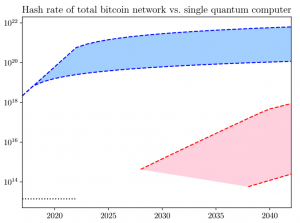










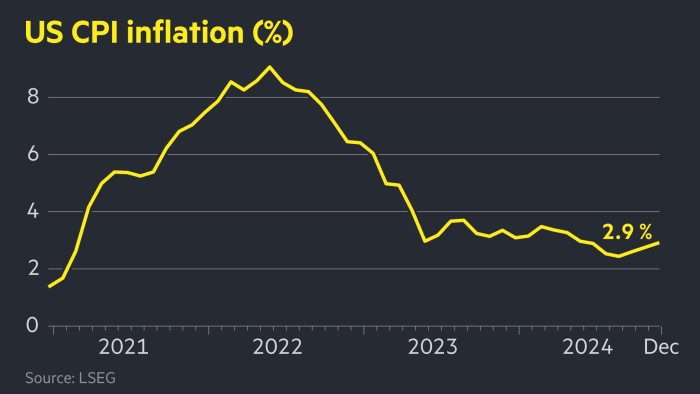
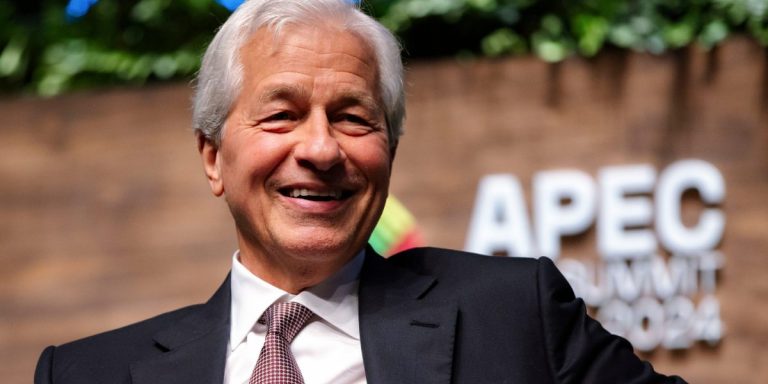
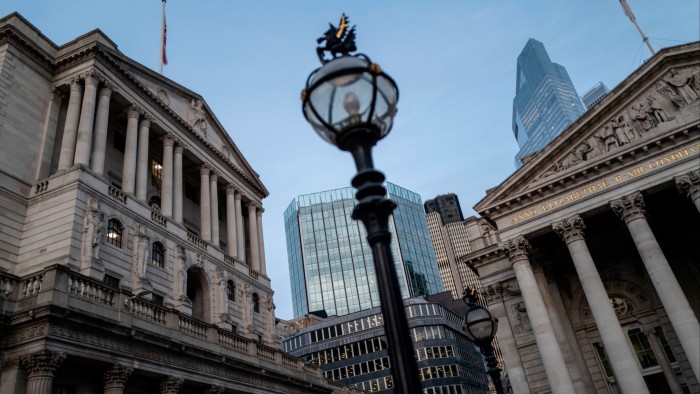



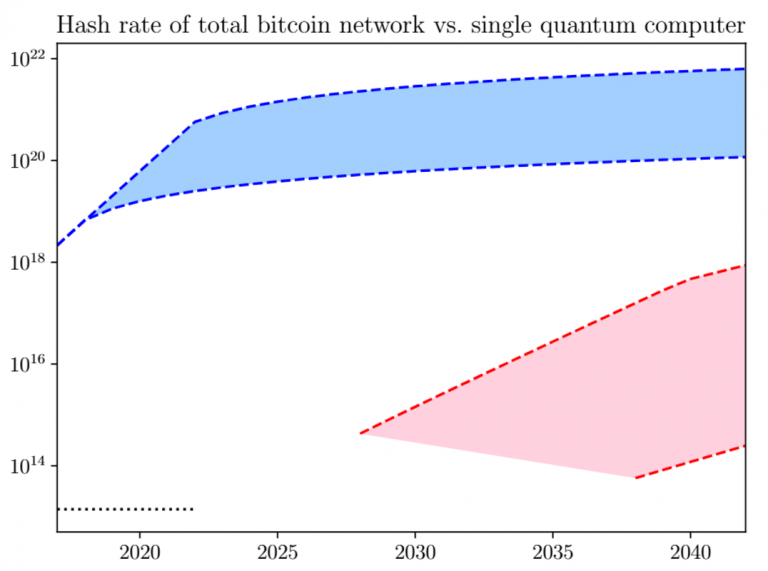







+ There are no comments
Add yours